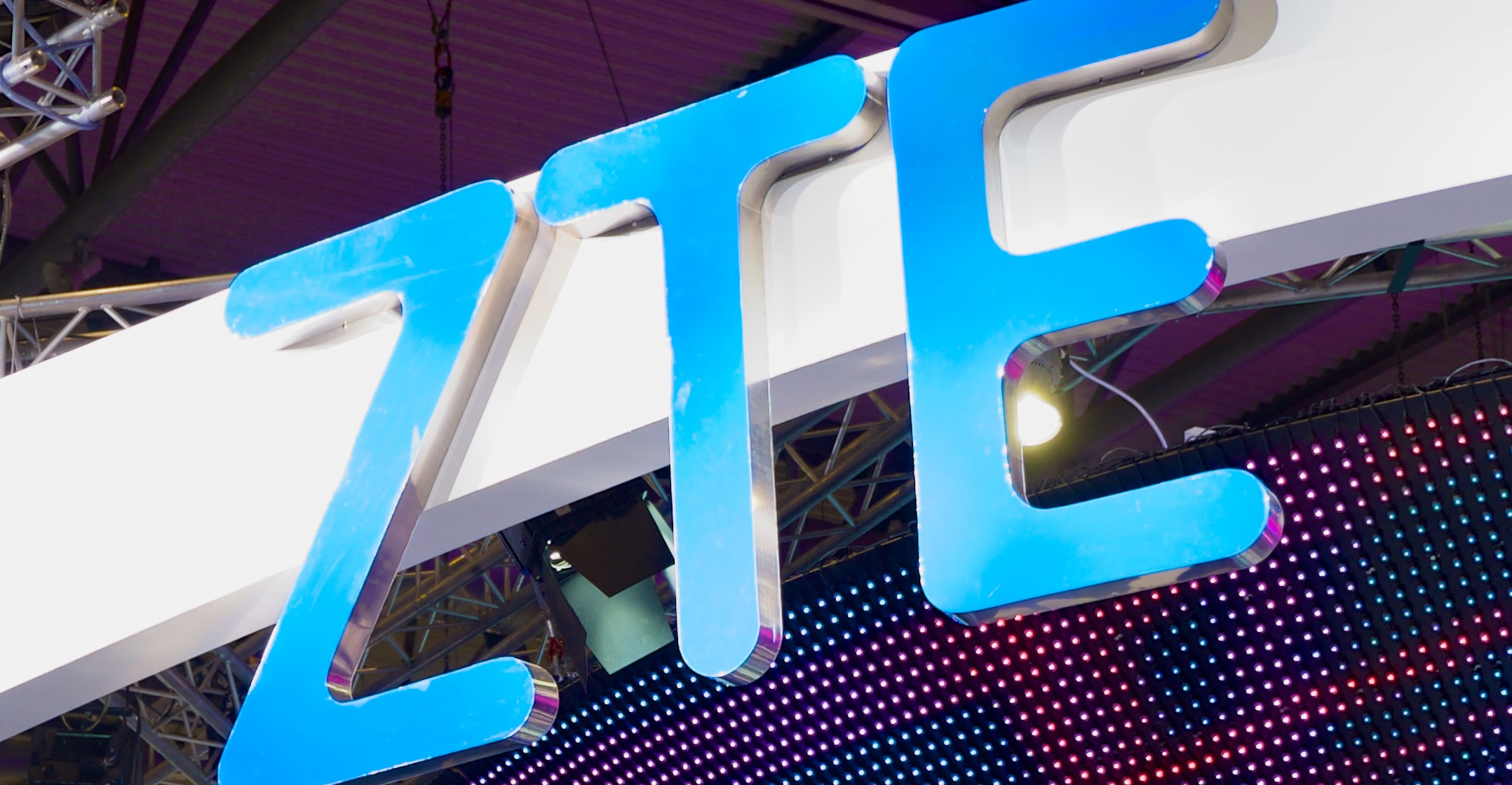
ZTE regards the next two weeks as crucial to resolving a US blockade that’s brought its main businesses to a standstill and choked off revenue, signalling the potential collapse of one of the world’s largest makers of phones and networking gear.
The number two Chinese telecommunications equipment maker said on Thursday that it has suspended all major operations. That means its three main divisions — network gear, devices and enterprise solutions — have all but halted sales and aren’t bringing in sizeable income, a person familiar with the matter said. ZTE specified the coming fortnight as a “critical window” and urged managers to calm employees, according to an e-mail to senior staff seen by Bloomberg News.
ZTE remains intent on resolving a seven-year blockade Washington imposed as punishment for violating the terms of a 2017 sanctions settlement, then lying about it. That cut off access to the American technology it needs to build most of its products, from Qualcomm’s semiconductors to optical chips from Lumentum Holdings.
“The company is currently working hard to speedily resolve this impasse,” read the e-mail. “Don’t let inaccurate information and rumours unsettle us. Stick to your posts, rally your teams and calm your troops.” It didn’t elaborate on that two-week timeframe, which takes it roughly to the end of May.
ZTE’s increasingly precarious position is exacerbating tensions between the world’s two biggest economies, now in the throes of sensitive negotiations to try and forestall an internecine trade war. It essentially ran out of inventory in the month since the ban’s imposition and had no way to replenish it. As of Thursday, its website and flagship smartphone store on Alibaba’s Tmall online marketplace had suspended sales. Carriers, including Australia’s Telstra, stopped offering its devices.
ZTE’s best hope may be for intervention from Beijing — but that’s a long shot given rising tensions between the US and China. US President Donald Trump has threatened tariffs on US$150bn of Chinese imports for alleged violations of intellectual property rights, while Beijing has vowed to retaliate on everything from American soybeans to planes.
The blow came just as ZTE was preparing to lead the country’s charge into the era of 5G wireless technology, along with local rival Huawei. Major wireless carriers around the world are preparing to spend billions rolling out 5G networks, which enable new technologies from faster Internet access to augmented reality. ZTE, which once harboured ambitions of vying with Apple in phones, has called the punishment “unacceptable” and threatened to take legal action.
Major activities ceased
ZTE, whose shares have been suspended since the imposition of the ban, said in its statement it has sufficient cash and will adhere to its commercial obligations. Company representatives declined to elaborate further. On Thursday, shares in ZTE suppliers Mobi Development and Shenzhen SDG Information were down more than 1%.
“As a result of the denial order, the major operating activities of the company have ceased,” ZTE said in a filing to the exchange. “The company and related parties are actively communicating with the relevant US government departments in order to facilitate the modification or reversal of the denial order by the US government and forge a positive outcome in the development of the matters.”
ZTE’s larger rival, Huawei, also faces heightened US opposition. The justice department is said to be investigating its own compliance with American sanctions banning sales to Iran. The Pentagon has banned ZTE and Huawei phones for sale, and the Federal Communications Commission voted in April to ban federal funds from being used to buy gear from companies deemed a national security risk.
“It is not unexpected to see ZTE’s exhausted its inventory since it can’t get more components from the key US suppliers,” said Edison Lee, an analyst with Jefferies. “The US said they are reviewing the appeal from ZTE, I think that’s a good sign.” — (c) 2018 Bloomberg LP




